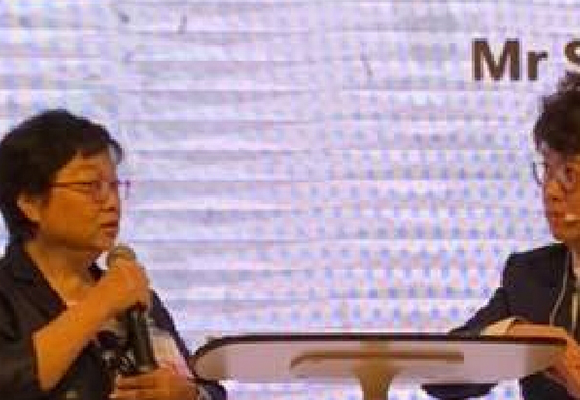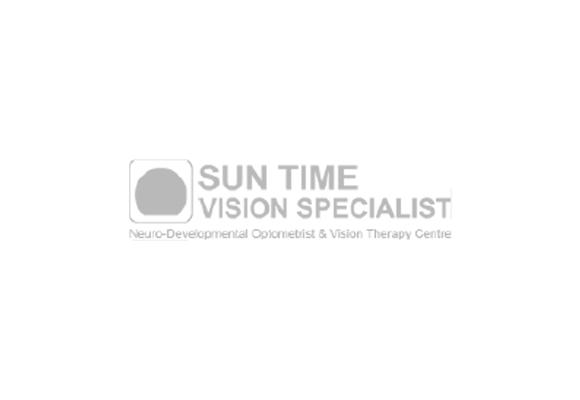Effect Of Vision Therapy On Developmental Coordination Disorder
Res Dev Disabil. 2013 Nov;34(11):4073-84. doi: 10.1016/j.ridd.2013.08.036. Epub 2013 Sep 19.
The effect of visual therapy on the ocular motor control of seven- to eight-year-old children with developmental coordination disorder (DCD).
Abstract
The aims of this study were to determine the extent of ocular, motor control problems and the effect of visual therapy on such problems, among seven- to eight-year-old children diagnosed with DCD.
Thirty-two, children with a mean age of 95.66 months (SD ± 3.54) participated in the study. The MABC was used to classify children into DCD categories (<15th, percentile) while the Sensory Input Systems Screening Test and QNST-II, were used to evaluate ocular motor control.
A two-group pre-test-post-test, cross-over design was followed with a retention test two years, thereafter to determine the lasting effect of the visual therapy, intervention. The 18-week visual therapy programme was executed once a week, for 40 min during school hours, after which the two groups were, crossed over. Percentages of ocular motor control problems ranging, between 6.25% and 93.75% were found in both the groups before participating, in the visual therapy programme, with the highest percentage problems found, in visual pursuit with the left eye.
Visual therapy contributed to a, significant improvement of 75-100% in visual pursuit, fixation, ocular, alignment and convergence, with significant lasting effects (p<0.001). Visual therapy is recommended for children with DCD experiencing poor, ocular motor control.



